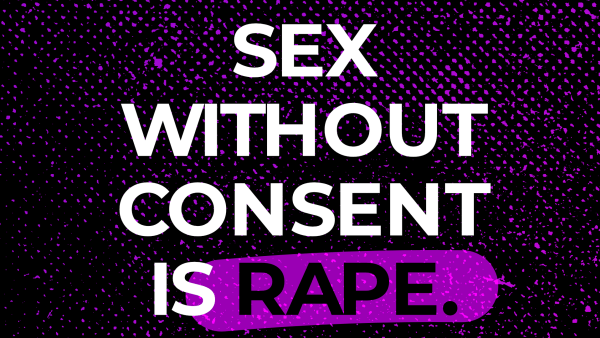The European Parliament today approved an agreement that will significantly strengthen the European Border and Coast Guard Agency.
S&D Group MEP, Péter Niedermüller who negotiated the new rules on behalf of the Parliament said:
“Ensuring that the EU’s external borders are managed effectively is a priority for our Group. The European Border and Coast Guard has an important role to play, supporting and helping coordinate member states’ work. We have now ensured that the Agency will have the budget, staff and powers to do that effectively. The Agency’s first task is to work to prevent more needless deaths in the Mediterranean.
“Our Group pushed hard to ensure that the strengthened agency was also made accountable for its actions and was not given tasks beyond its remit. Right-wing groups had pushed for the agency to be involved in returning people from one third country to another third country. This was a dangerous and legally suspect idea, so we are also pleased that finally our approach was adopted.”
S&D spokesperson for civil liberties, justice and home affairs, Birgit Sippel added:
“Secure external borders are vital to ensure that the Schengen passport free zone can function effectively. These external borders are not just a national issue but something that affects all EU citizens. It is right to have a strengthened EU agency to help member states manage their border control tasks. These new rules go hand-in-hand with proposals tabled for Thursday to push member states to finally end internal border controls within the EU.
“An effective EU border strategy must involve respect for the fundamental rights of people arriving in Europe. We fought hard to enhance the role of the Fundamental Rights Officer, who is responsible for ensuring that rights of migrants are protected. We have ensured that they will have an adequate budget and staff to perform their role.
“Securing Europe’s borders is only one element in fixing the EU’s broken asylum and migration policy. The current rules leave countries on Europe's borders, such as Italy and Greece, to face the majority of asylum cases alone, and allow other countries to shirk their humanitarian responsibilities. National governments must finally adopt the proposals for a fairer system put forward by the European Parliament.”










